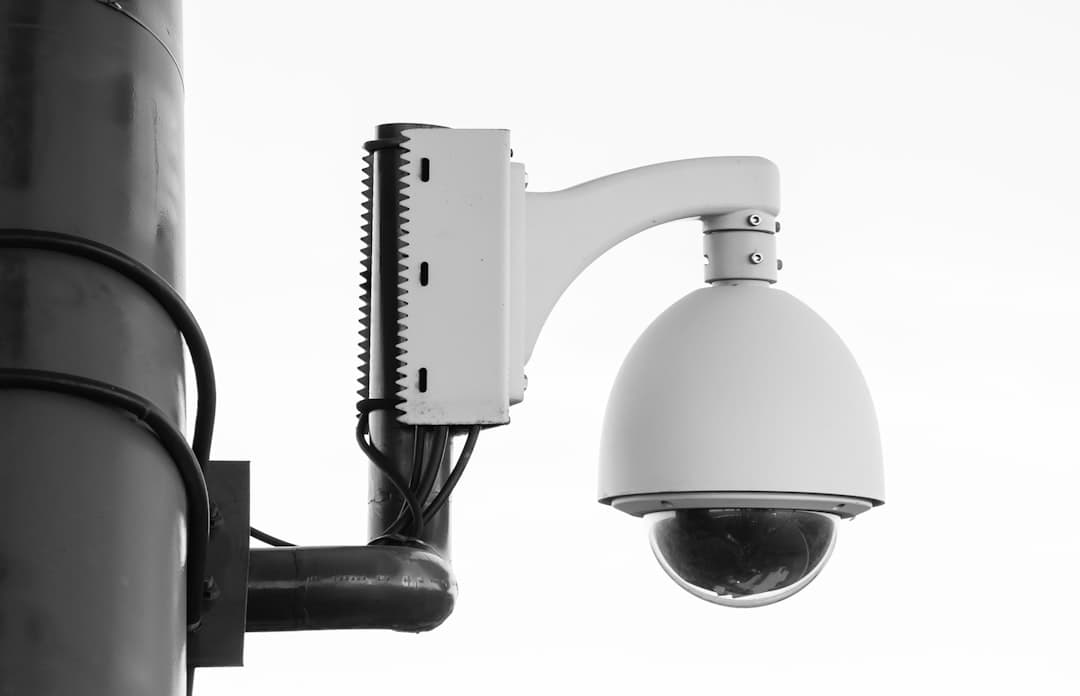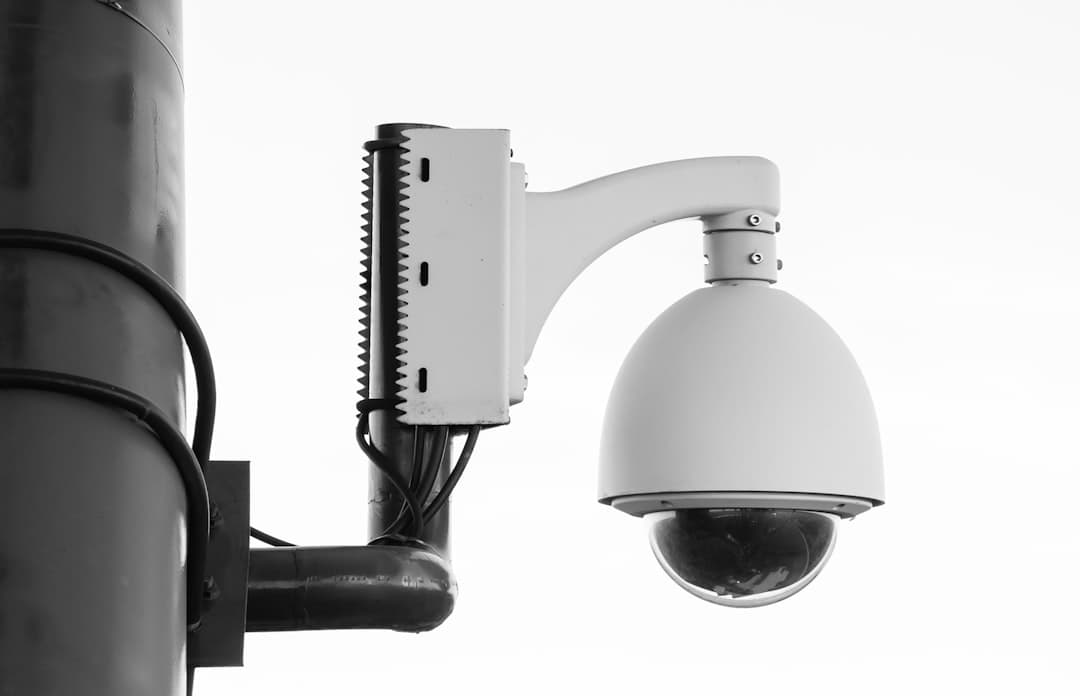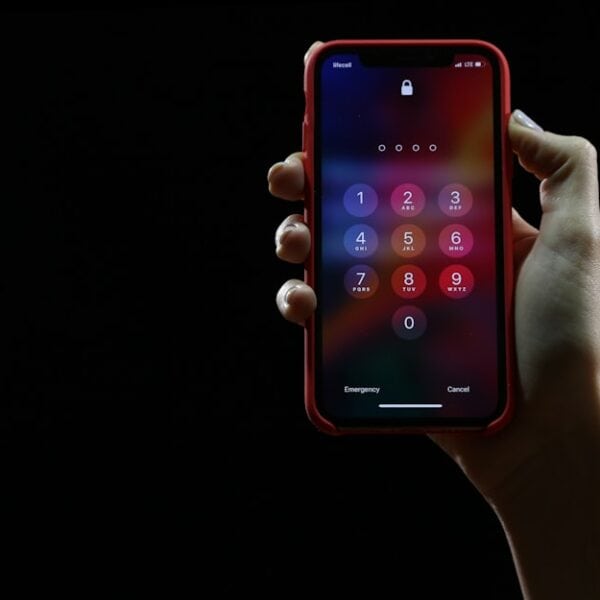Cyber Security
-

Maximizing Security with Duo ZTNA
Zero Trust Network Access (ZTNA) is a security framework that requires all users and devices to be authenticated and authorized before gaining access to applications and data, regardless of their physical location. This model operates on the principle that no entity should be inherently trusted, even if it is within the corporate network. ZTNA prioritizes…
-

Protecting Against Cyber Threats with Carbon Black
Cyber threats represent a persistent and evolving challenge in today’s digital landscape. These threats manifest in various forms, including malware, ransomware, phishing attacks, and other malicious activities. Cybercriminals continuously develop new methods to exploit vulnerabilities in systems and networks, necessitating constant vigilance and proactive cybersecurity measures from organizations. The consequences of these threats can be…
-

Enhancing Security with Versa ZTNA
Zero Trust Network Access (ZTNA) is a security framework that abandons the traditional notion of trust based on network location within an organization. This model replaces the conventional approach, which assumed internal network elements were trustworthy and external ones were not. As cyber threats have increased and remote work has become more prevalent, this older…
-

Securing Your Data: Cloud Security Solutions
Cloud security is a crucial component of modern business operations. As organizations increasingly rely on cloud computing and storage, protecting data and applications in the cloud has become essential. Cloud security encompasses various technologies, policies, and controls designed to safeguard data, applications, and infrastructure within cloud environments. These measures aim to prevent unauthorized access, data…
-

Unlocking Secure Access with Meraki ZTNA
Zero Trust Network Access (ZTNA) is a security framework that provides secure access to resources regardless of user location. Unlike traditional perimeter-based security models, ZTNA authenticates and authorizes every user and device attempting to access the network. This model assumes no user or device should be inherently trusted, whether inside or outside the corporate network.…
-

Effective Cyber Incident Response: Best Practices
Cyber incident response is a critical process for managing and mitigating the effects of cyber attacks or security breaches on an organization’s IT systems. This process encompasses identifying, containing, eliminating, and recovering from incidents efficiently and effectively. A thorough understanding of cyber incident response is essential for organizations to reduce the impact of cyber attacks…
-

Implementing Zero Trust Network Access (ZTNA) with Sophos
Zero Trust Network Access (ZTNA) is a security model designed to address the limitations of traditional network security approaches. Unlike conventional models that rely on perimeter-based defenses, ZTNA assumes that threats can originate from both internal and external sources. This model focuses on verifying the identity of users and devices before granting access to resources,…
-

Arctic Wolf: Cybersecurity for the Frozen Frontier
The Arctic wolf, also known as the white wolf or polar wolf, is a subspecies of the gray wolf adapted to the harsh Arctic environment. These wolves are characterized by their thick white fur, which provides camouflage in snowy landscapes, and their proficient hunting abilities. Arctic wolves are highly social animals, forming packs of 2…
-

Securing Remote Access with Prisma Access ZTNA
Zero Trust Network Access (ZTNA) is a security model designed to address the limitations of traditional network security approaches. Unlike conventional methods that rely on perimeter-based defenses, ZTNA assumes that threats can originate from both internal and external sources. This model focuses on verifying the identity of users and devices before granting access to applications…
-

CISA and DHS Collaborate to Strengthen Cybersecurity
The Cybersecurity and Infrastructure Security Agency (CISA) and the Department of Homeland Security (DHS) collaborate to enhance national Cybersecurity and protect critical infrastructure. CISA serves as the nation’s risk advisor, working with partners to defend against current threats and build more secure and resilient infrastructure for the future. DHS is responsible for safeguarding the American…
-

Unlocking Secure Access: ZTNA Magic Quadrant
Zero Trust Network Access (ZTNA) is a security framework that requires verification and authentication for every access request, regardless of the user’s location. This model operates on the assumption that no user or device should be inherently trusted, even within the corporate network. ZTNA adheres to the principle of least privilege, granting users access only…
-

Protecting Against Login Attacks: How to Keep Your Accounts Safe
In today’s digital age, login attacks have become increasingly common and sophisticated. One of the most prevalent forms of login attacks is brute force attacks, where hackers use automated tools to repeatedly guess passwords until they gain access to an account. Another common attack is phishing, where hackers trick users into revealing their login credentials…
-

Protect Your Business with MDR Cybersecurity
Managed Detection and Response (MDR) cybersecurity is a comprehensive approach to protecting organizations from cyber threats. It goes beyond traditional prevention and detection methods by incorporating continuous monitoring and analysis of an organization’s security posture. MDR providers utilize advanced technologies such as machine learning, artificial intelligence, and behavioral analytics to identify and respond to potential…
-

Implementing ZTNA for Zero Trust Security
Zero Trust Network Access (ZTNA) is a security model designed to address the limitations of traditional network security approaches. Introduced by Forrester Research in 2010, ZTNA has gained significant traction as organizations seek to improve their security posture against evolving cyber threats. The fundamental principle of ZTNA is to never trust any user or device,…
-

Enhancing WordPress Security with WPScan Brute Force
WordPress is a widely used content management system (CMS) that powers approximately 35% of all websites on the internet. Due to its popularity, WordPress sites are frequently targeted by hackers and malicious actors, making security a critical concern for website owners and administrators. A security breach can lead to data loss, compromised customer trust, reputational…
-

Securing Your Business with Dragos Cybersecurity
In the modern digital era, cybersecurity has become a crucial component of successful business operations. The increasing reliance on technology and internet-based systems for conducting business has led to a corresponding rise in cyber threats. Cybersecurity is vital for protecting organizations from potential attacks that could compromise sensitive data, disrupt operations, and damage reputations. A…
-

Understanding Sophos ZTNA Pricing: What You Need to Know
Sophos ZTNA (Zero Trust Network Access) is a security solution that provides secure access to applications and resources based on user identity and device trustworthiness. Unlike traditional network perimeters, Sophos ZTNA authenticates and authorizes users and devices before granting access to sensitive data or applications. This approach is essential in the current digital landscape, where…
-

Brute Force with Kali Linux: Unleashing Power
Brute force attacks are a prevalent hacking technique used to gain unauthorized system or account access. This method involves systematically attempting every possible password or encryption key combination until the correct one is identified. While straightforward, it can be time-intensive and requires significant computational resources. Brute force attacks are applicable to cracking passwords, encryption keys,…
-

Top Cyber Security IT Companies: Protecting Your Data
In the digital era, cyber security is of paramount importance. As businesses increasingly rely on technology and the internet, they face heightened vulnerability to cyber attacks and data breaches. Cyber security IT companies play a vital role in protecting businesses’ sensitive information and systems from these threats. These specialized firms offer a range of services,…
-

Securing Internet Access with Zero Trust
Zero Trust Network Access (ZTNA) is a security framework that has gained prominence in cybersecurity. Unlike traditional security models that assume internal network traffic is trustworthy, ZTNA operates on the principle of “never trust, always verify.” This approach requires continuous authentication and authorization for all users and devices, regardless of their location or network connection.…
-

Preventing MySQL Brute Force Attacks
MySQL brute force attacks are a common method used by attackers to gain unauthorized access to MySQL servers. This technique involves using automated software to rapidly attempt numerous username and password combinations until a successful login is achieved. Brute force attacks can be particularly effective against servers with weak security measures, especially those with easily…














